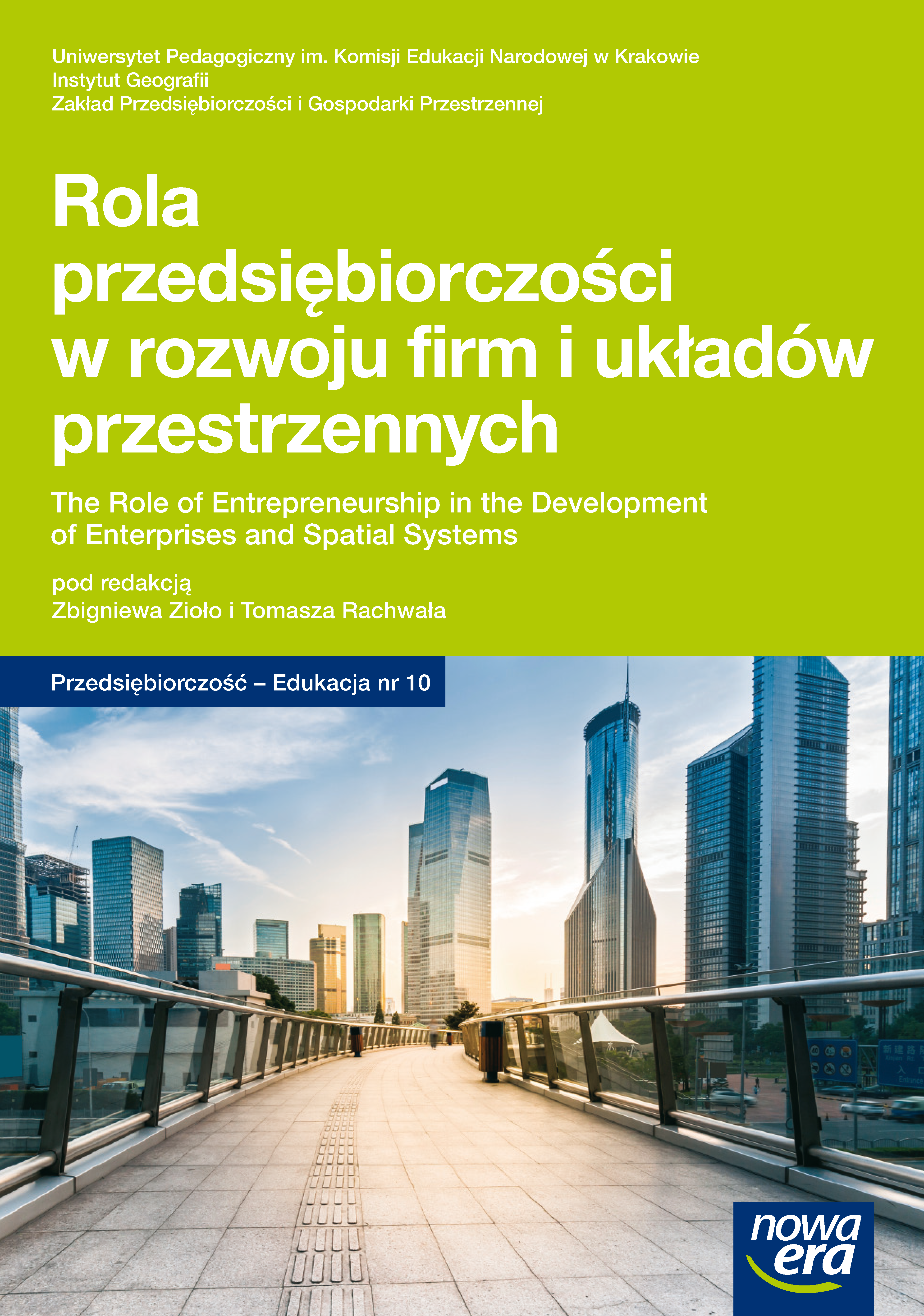Basics of Entrepreneurship in the eyes of upper secondary school students. Useful in life or a necessity to learn?
DOI:
https://doi.org/10.24917/20833296.10.28Keywords:
market economy, school reform, school, social-economic environmentAbstract
The Basics of Entrepreneurship is a subject, which helps the young people to understand the mechanisms according to which market economy functions, prepares them to plan their future professional careers, shapes their competences in efficient communication and prepares them to design andrealize their undertakings in the surrounding environment.This article is to present the views of the youth upon several issues connected with realizing the curriculumof 'The Basics of Entrepreneurship' in secondary schools. The article will include resultsof research conducted in March 2013 on the 1st and 3rd grade upper secondary school studentsof a comprehensive school in Andrychow. The research was carried out to analyze the aims, tasks andcontent of education of the Basics of Entrepreneurship subject. The main goal of the research was todetermine the opinion of students on the usefulness of particular topics in the adult life and whichareas of the subject seem the most interesting to them. The analysis of the responses allowed to show how diversified the expectations and interests of the 1st grade students are, and how different theseare from the ones of the 3rd grade student. The students were asked, among others, if the contentpresented during classes helped them to prepare themselves for their adult lives in the social-economic environment, as well as which topics in their opinion received too much or too little attention.
References
Dorocki, S., Kilar, W., Rachwał, T. (2011). Założenia i cele Projektu „Krok w przedsiębiorczość” dla nauczycieli szkół ponadgimnazjalnych. Przedsiębiorczość – Edukacja, 7, 308-320.
Kurek, S., Rachwał, T. (2010). Założenia i wstępne wyniki europejskiego projektu badawczego FIFOBI w zakresie kształtowania kompetencji uczniów gimnazjum do prowadzenia działalności gospodarczej. Przedsiębiorczość – Edukacja, 6, 472-485.
Kurek, S., Rachwał, T., Szubert, M. (2012). Kształtowanie kompetencji biznesowych uczniów gimnazjum w świetle opinii nauczycieli na podstawie wyników badań prowadzonych w ramach europejskiego projektu FIFOBI. Przedsiębiorczość – Edukacja, 8, 24-36.
Makieła, Z., Rachwał, T. (2012). Krok w przedsiębiorczość. Podręcznik do podstaw przedsiębiorczości dla szkół ponadgimnazjalnych. Warszawa: wydawnictwo Nowa Era.
Osuch, E., Osuch, W. (2005). Przedmiot podstawy przedsiębiorczości w opinii uczniów i rodziców na przykładzie wybranych krakowskich szkół. Przedsiębiorczość – Edukacja, 1, 195-202.
Osuch, W. (2010). Kompetencje przedmiotowe i dydaktyczne nauczycieli geografii oraz studentów geografii – kandydatów na nauczycieli. Prace Monograficzne, 570, 304.
Osuch, W. (2011). Kompetencje w zakresie komunikacji interpersonalnej w dobie postępujących procesów globalizacji. Przedsiębiorczość – Edukacja, 7, 333-346.
Osuch, W. (2012). Podstawy przedsiębiorczości w opinii uczniów krakowskich liceów – szanse i oczekiwania. Przedsiębiorczość – Edukacja, 8, 37-47.
Rachwał, T. (2009). Ocena projektu zmian podstawy programowej podstaw przedsiębiorczości. Przedsiębiorczość – Edukacja, 5, 349-372.
Rozporządzenie Ministra Edukacji Narodowej i Sportu z dnia 26 lutego 2002 r. w sprawie podstawy programowej wychowania przedszkolnego, kształcenia ogólnego w poszczególnych typach szkół (Dz.U. z 2002 Nr 51, poz. 458).
Downloads
Published
How to Cite
Issue
Section
License
Articles are published under the terms of the Creative Commons License (CC BY-ND 4.0; Attribution– NoDerivs).

